Feed Your Brain: 5 Superfoods to Reduce Inflammation and Keep You Young
Crafted by: Jonathan Chew
Aging is an inevitable part of life, but its negative effects, particularly on the brain, don’t have to be. By consuming the right foods, you can significantly reduce the risk of neurological issues, enhance mental health, and maintain cognitive sharpness as you age. Below are five recommended “anti-aging” foods that can help protect your brain from damage over time.
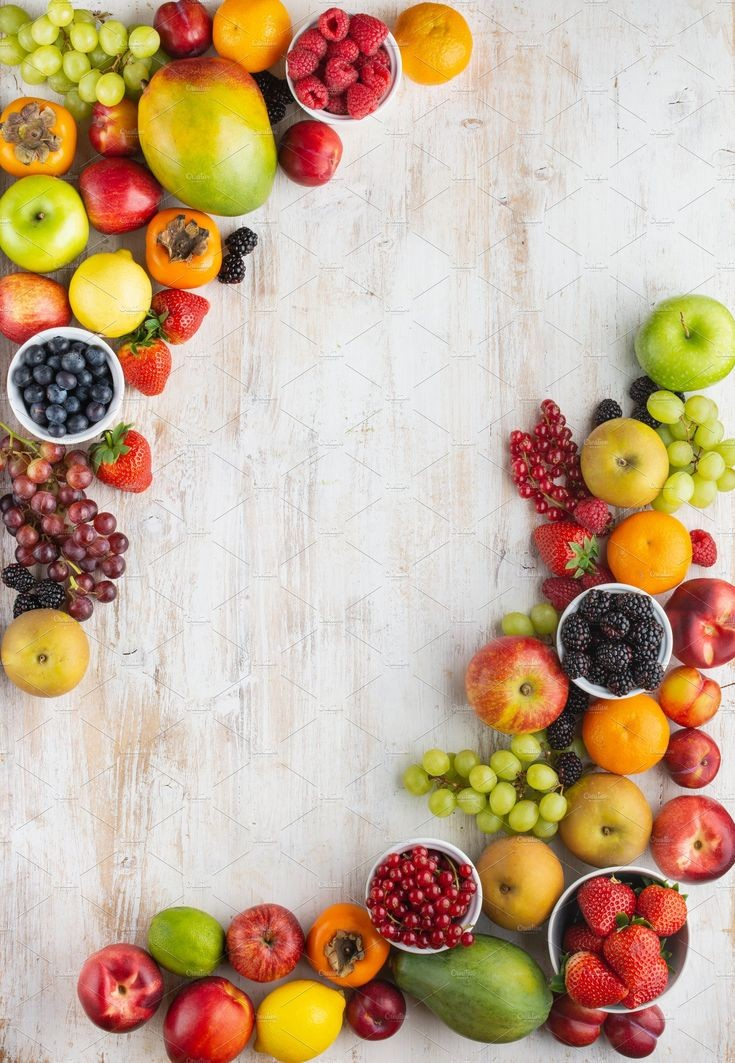
1. Berries & Colorful Vegetables
Berries and colorful vegetables are essential for brain health due to their high nutrient content, including fiber, antioxidants, and vitamins. These foods help reduce inflammation, which is crucial because inflammation in the gut can negatively affect the brain, potentially leading to cognitive decline.
Berries, particularly goji berries, are rich in anthocyanins, a powerful antioxidant that supports brain health and improves memory. Antioxidants like anthocyanins combat oxidative stress in the brain, possibly reducing the risk of age-related cognitive decline. Including various berries in your diet can contribute to overall brain health and well-being.
Colorful vegetables, such as red peppers, are rich in phytonutrients and fiber, which modulate gut microbiota and reduce inflammation. These vegetables provide diverse vitamins and polyphenols, which support cognitive functions as you age.
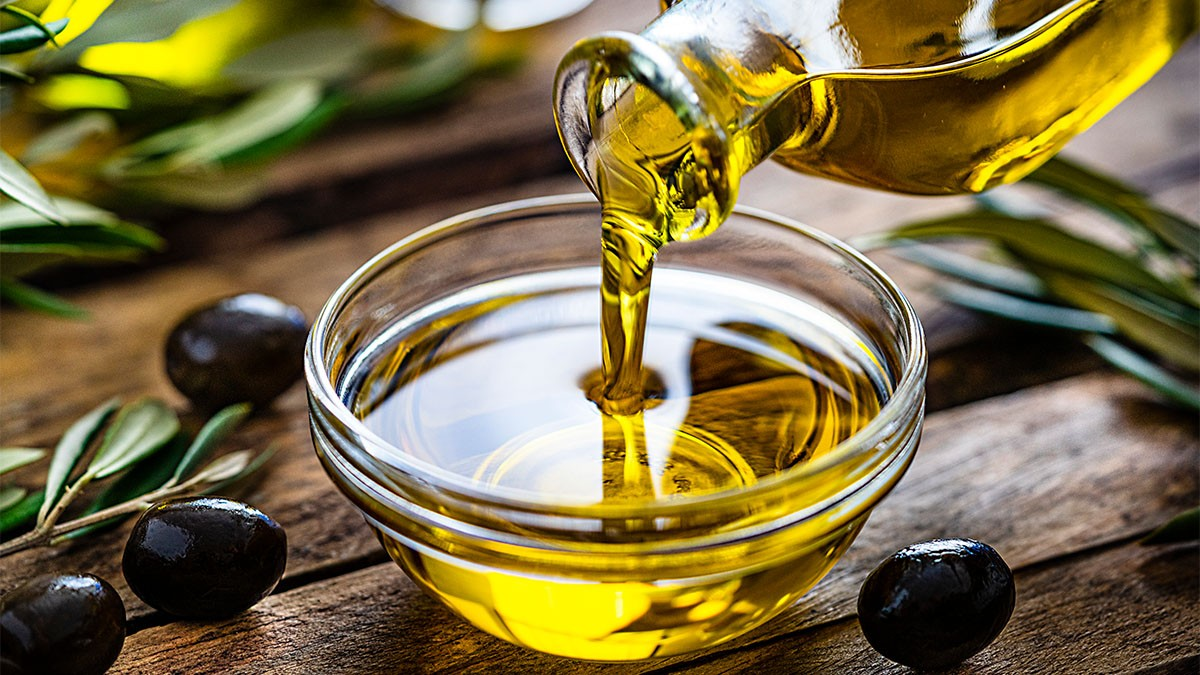
2. Olive Oil
Extra-virgin olive oil is a powerful anti-inflammatory food rich in antioxidants that promote cellular repair and protect brain health. It contains over 30 phenolic compounds, including oleuropein, oleocanthal, hydroxytyrosol, and tyrosol, which are known to protect against neurodegenerative diseases like Alzheimer’s. Populations that incorporate higher amounts of olive oil into their diets often experience lower rates of Alzheimer’s disease.
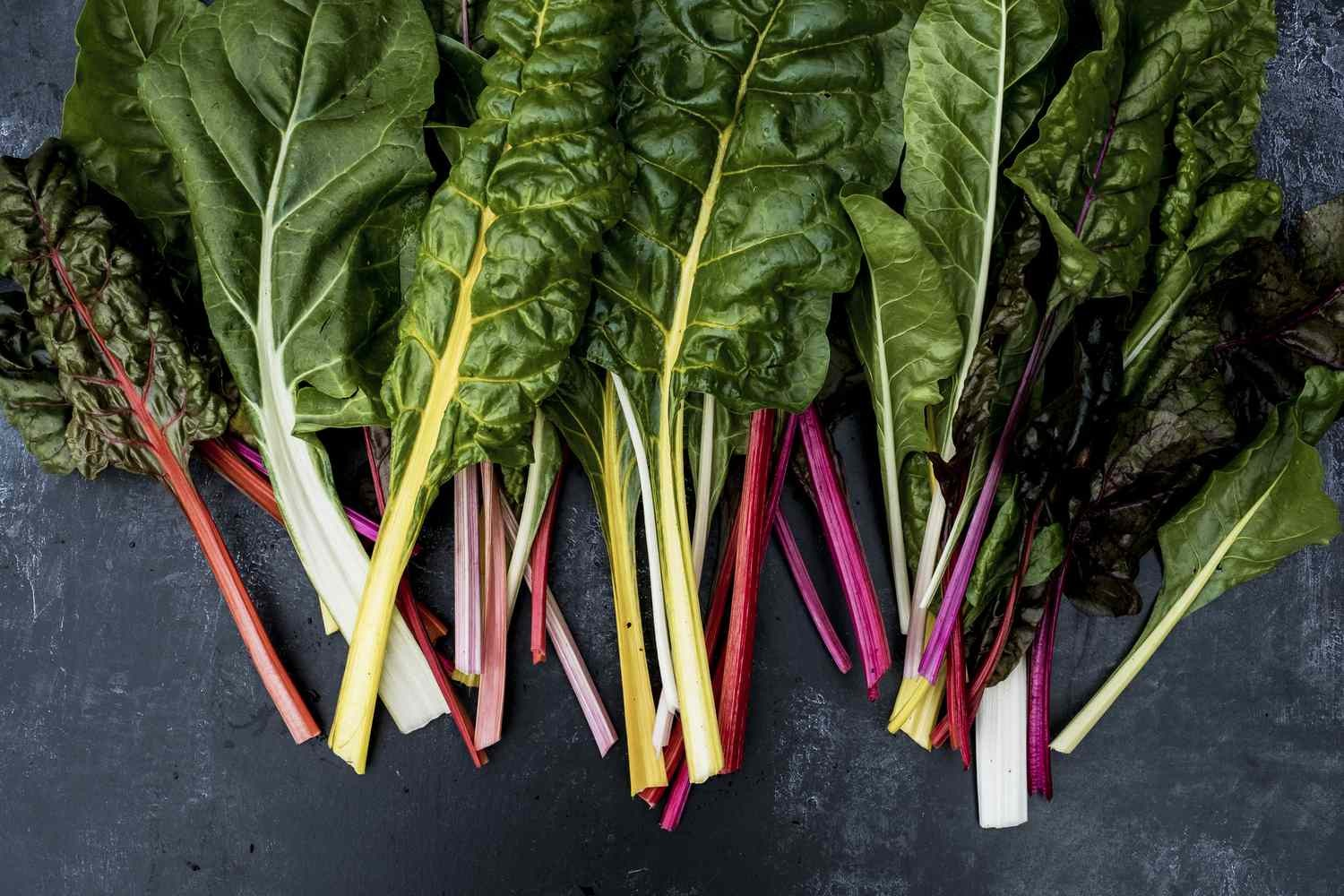
3. Leafy Greens
Leafy greens like Swiss chard, dandelion greens, romaine lettuce, arugula, and spinach are packed with vitamins, minerals, and fiber. They are especially high in folate, a B vitamin crucial for brain development and mental health. Adequate folate intake is linked to a lower risk of depression and various neurological conditions.
Folate is essential for producing myelin, a substance that protects nerve fibers and ensures efficient nerve transmission. It also supports the production of neurotransmitters like serotonin, dopamine, and norepinephrine, which regulate mood and emotions. Consuming enough folate through leafy greens can positively impact cognitive aging and overall brain health.
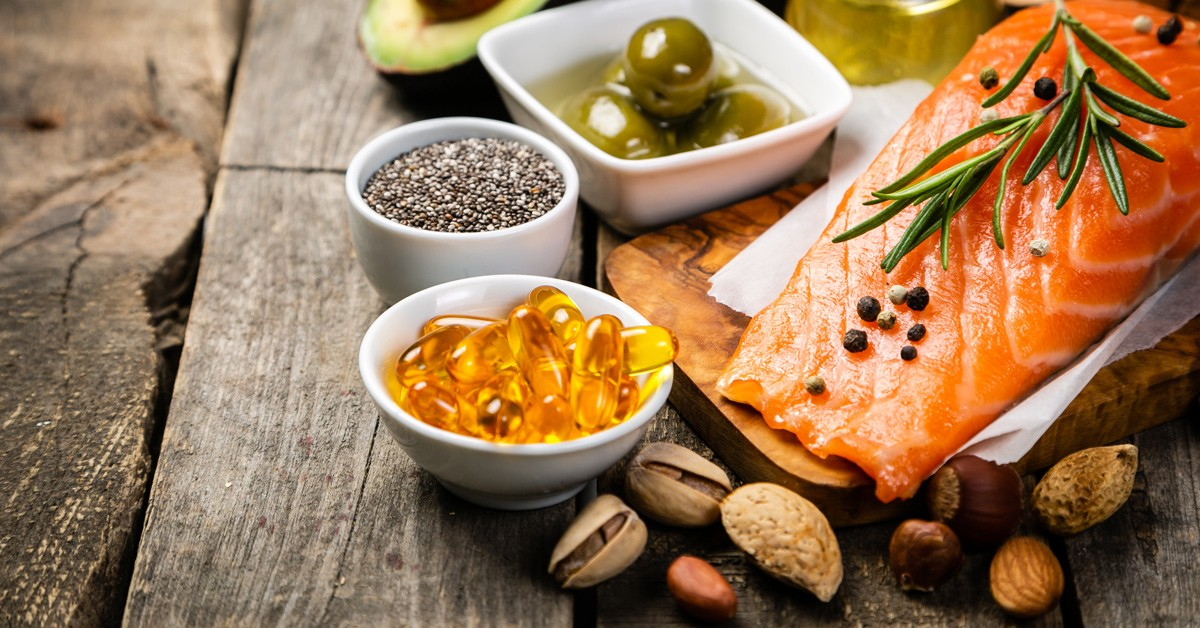
4. Omega-3 Fatty Acids
The brain is composed mainly of fats, and it requires a consistent supply of healthy fats to maintain its structure and function. Omega-3 fatty acids, found in foods like mackerel, anchovies, and sardines, play a crucial role in brain health.
Omega-3s, specifically EPA and DHA, reduce inflammatory markers in the brain and protect neurons from excessive inflammation. These fatty acids are vital for maintaining brain health and preventing cognitive decline. Plant-based sources like chia seeds, flax seeds, hemp seeds, and walnuts also contain omega-3s, though in a less bioavailable form than fish.
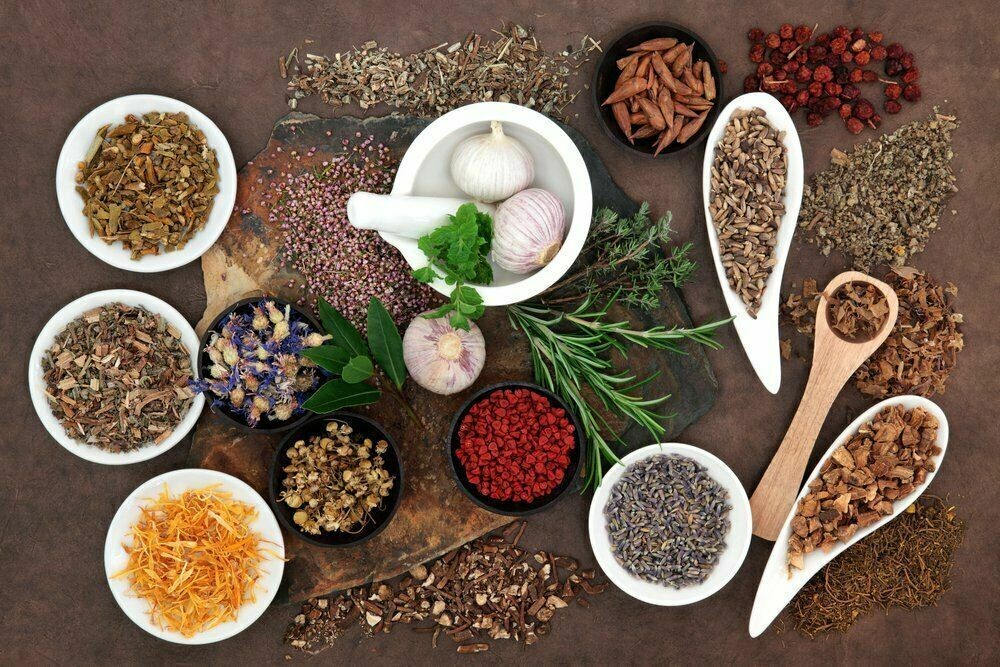
5. Spices
Spices are not just for flavor; they are also rich in bioactive compounds that support cognitive function and overall brain health. For instance, turmeric has potent antioxidant and anti-inflammatory properties that improve mood and brain health. Saffron is known for its antidepressant effects, while cayenne pepper boosts energy levels. Ginger and chamomile are effective in reducing stress.
Fresh herbs like sage and rosemary are rich in antioxidants, which reduce neuroinflammation and support a positive mood. Incorporating a variety of spices and herbs into your diet can provide significant brain-boosting benefits.
Conclusion
It’s never too late to start incorporating brain-healthy foods into your diet. By focusing on berries, olive oil, leafy greens, omega-3s, and spices, you can support your brain health and keep your mind sharp as you age. These foods not only protect against cognitive decline but also contribute to overall mental well-being, making them essential components of a brain-boosting diet. Your brain will thank you for making these nutritious choices.

